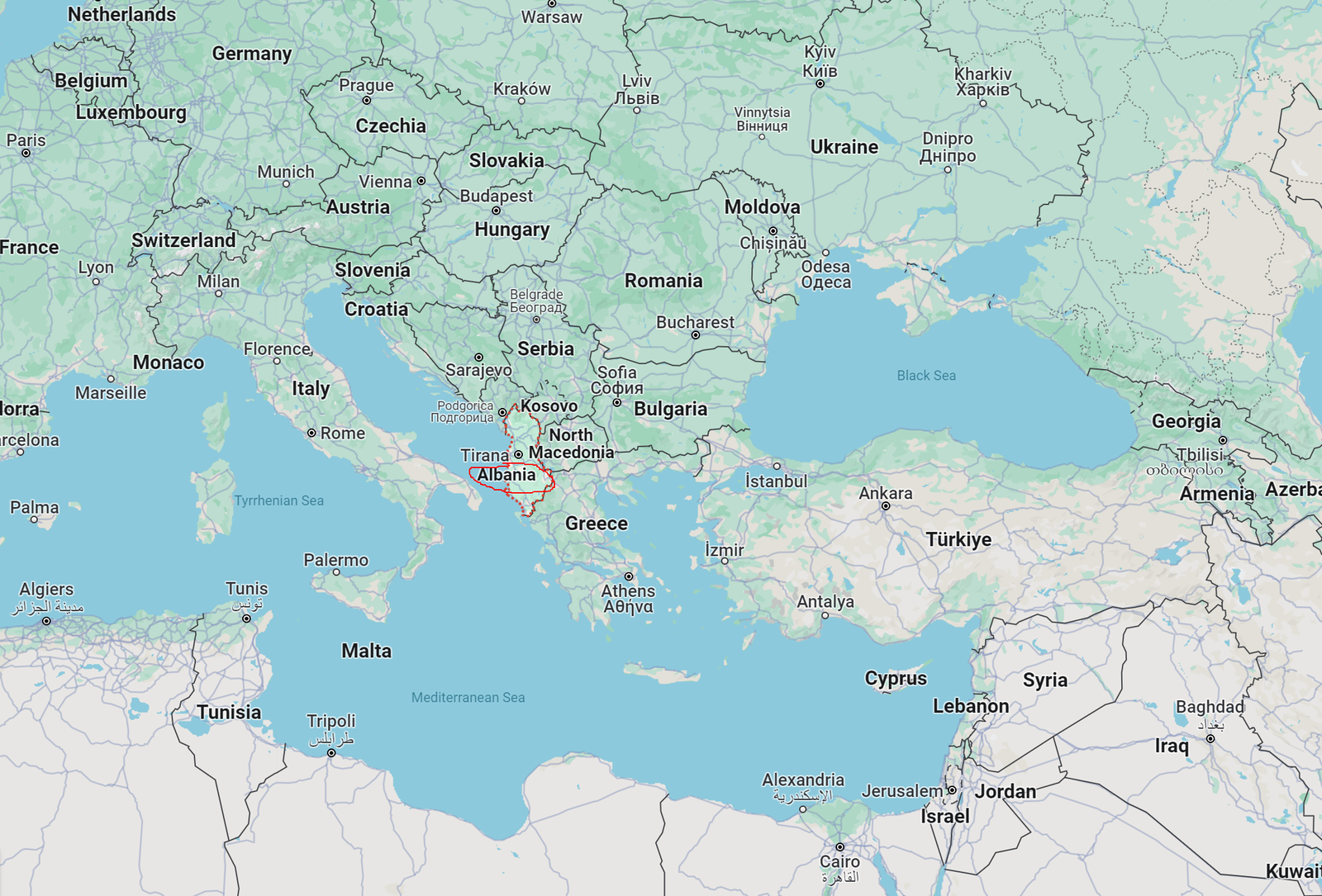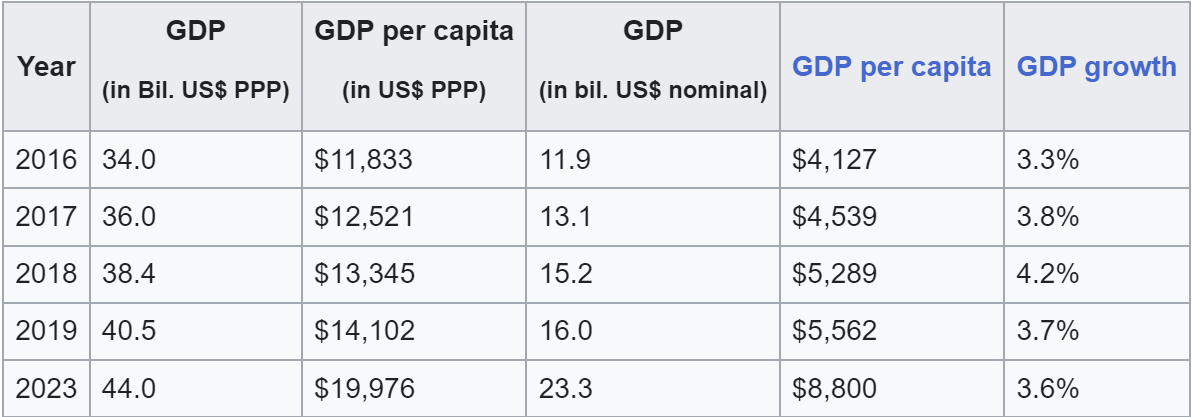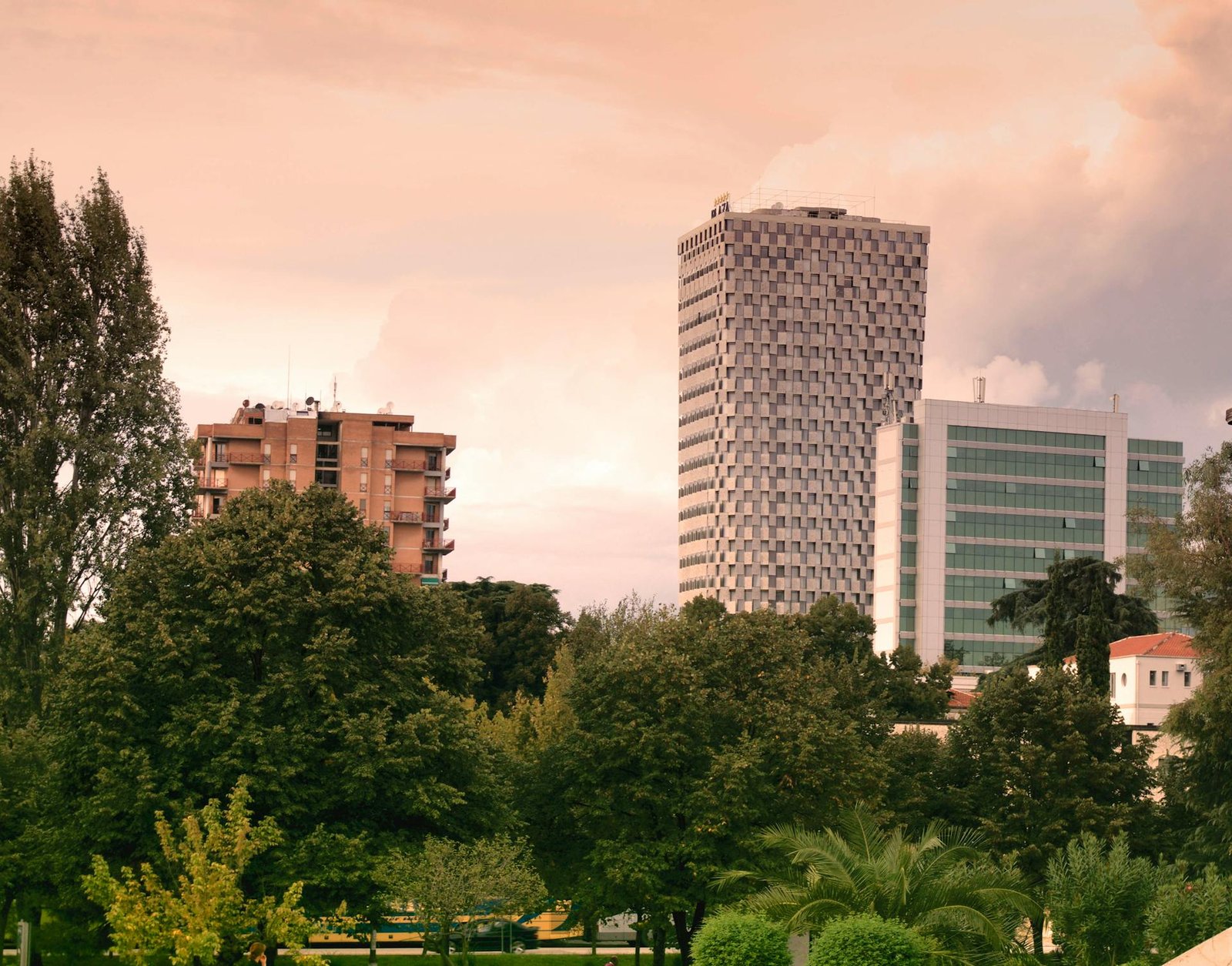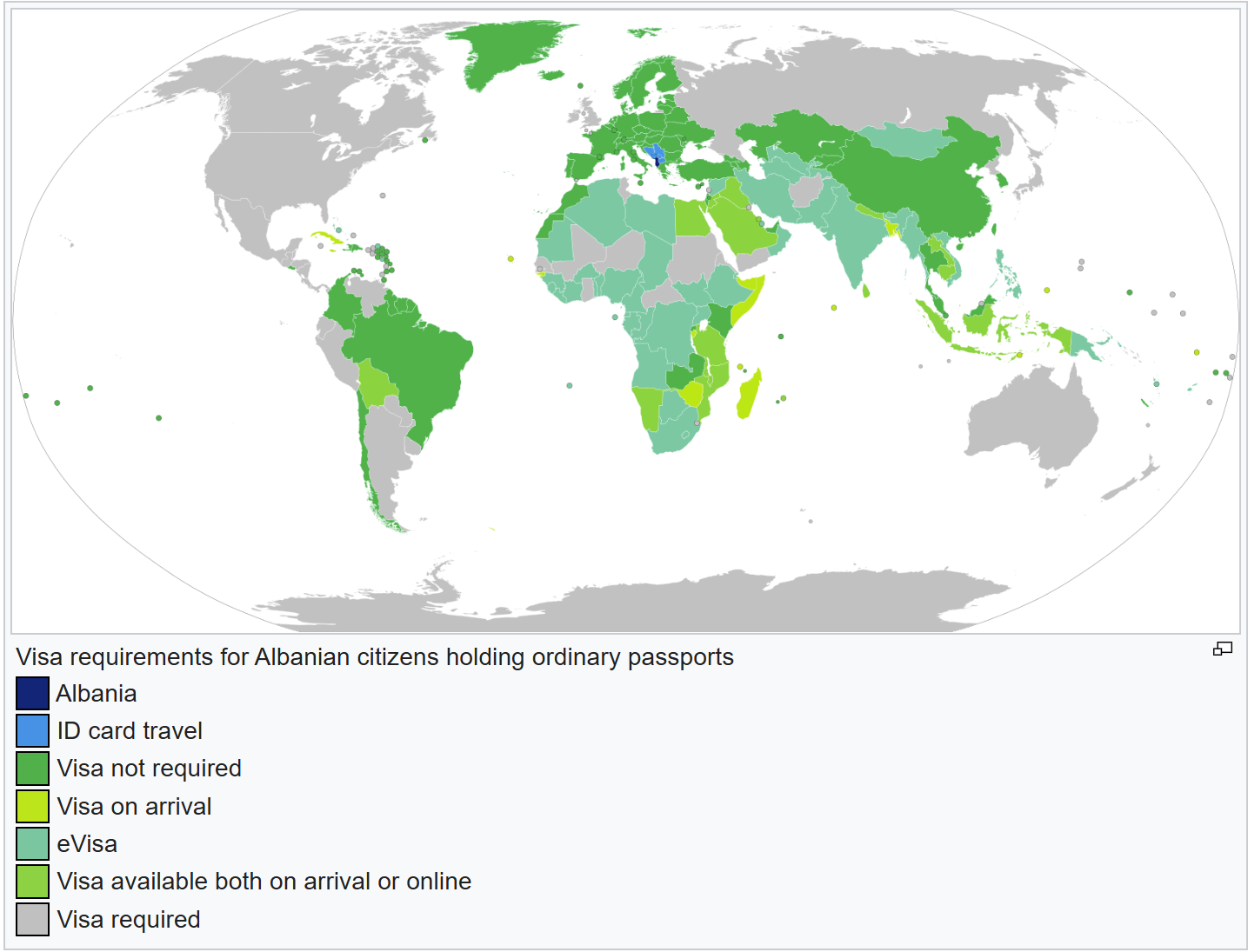How To Get Residency In Albania: A Comprehensive Guide
Capital: Tirana
Population: 2,402,113 (2023)
Ethnic groups: 97.7%Albanian, 1% Greek
Area: 28,748 km2 (140th)
Offical Language: Albanian
Currency: Lek (as of July 21, 2025, 1 Albanian Lek=0.012 USD)
GDP per Captial: $$23,404 (2025 estimated, 80th)
Human Development Index: 0.810 (2023, 71st)

Country Profile:
Albania is a country located in the Balkan Peninsula in southeastern Europe. It is still in negotiations to join the European Union and is not a member of the Schengen Area. Generally, it is still considered an underdeveloped region.
However, in recent years, Albania has experienced rapid development. From 2016 to 2023, the country’s per capita GDP rose from $11,833 to $19,976. Apart from the pandemic period, Albania’s annual real GDP growth rate has consistently exceeded 3% over the past decade.

Historically, Albania was occupied by the Roman, Byzantine, and Ottoman Empires before gaining independence in 1912. The country is rich with remnants of these different civilizations, visible throughout the region.
Visa & Immigration System:
To stay in Albania for more than 90 days, foreigners must first apply for a D-type long-term residence permit. Albanian long-term residence permits can be categorized into two main types:
1. Ordinary/Standard Permit: This includes various options such as family reunification, students, exchange students, management trainees, youth exchange programs, researchers, job-seeking visas for students and researchers, humanitarian reasons, and stateless people.
2. Unique Permit: This includes business operators, self-employed individuals, multinational company personnel, professional training, athletes, volunteers, highly skilled individuals, investors, remote workers, and more.
Specifically, foreigners without familial or employment ties to Albania have the following four pathways for long-term residence in the country:
1. Study in Albania: After graduation, stay with a work visa or job-seeking visa.
2. Apply for a Retirement Visa as a Retiree: This requires an annual pension of no less than 1.2 million Lek, approximately $1,271 USD. The Albanian retirement visa is considered one of the least demanding in Europe.
3. Start a Business or Purchase Property Locally: This means apply for an investor visa. The Albanian government has not specified a minimum investment amount for the investor visa.
Generally, if you are operating a business, you need to employ a certain proportion of local employees; if you are purchasing real estate, you need to own more than 50% of the property.
4. Apply for a Unique Permit: This applies to digital nomads, self-employed individuals, athletes, multinational company employees, and professionals in shortage occupations.
This unique residence permit is generally valid for one, two, or five years and can be renewed under the same conditions.

Dependents:
For all Albanian long-term residence permits, the primary applicant’s spouse and children under 18 can also settle in the country as dependents.
Permanent Residency & Citizenship:
Foreigners who have legally resided in Albania for five years can apply for permanent residency.
Foreigners who have legally resided in Albania for five years and are proficient in the Albanian language can apply for citizenship.
Tax Implication:
Albanian tax residents are required to pay taxes on both their domestic and foreign income. The income tax threshold is 30,000 Lek (approximately $315), and the floating tax rates are as shown in the chart below:

Local corporate tax is fixed at 15%. Overseas investors can apply for corresponding tax reductions if certain conditions are met.
Passport Utility:
Albania recognizes dual citizenship, and its passport is ranked 43rd globally. As of July 21, 2025, holders can travel visa-free or obtain a visa on arrival to 127 countries and regions worldwide.

Useful Links:
Albanian E-Visa:https://e-visa.al/apply
Albanian Unique Permit:https://e-albania.al/eAlbaniaServices/DPPSH/15146/15146_anglisht_kerkese_leje_unike.pdf
Albanian Tax Rate:https://www.tatime.gov.al/eng/c/4/96/108/tax-on-personal-income